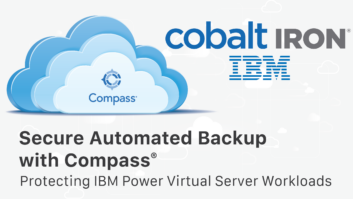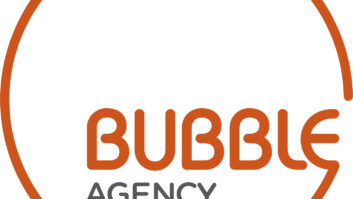 The pandemic challenged the AV industry in many ways, but mainly when it came to sustaining and supporting partners and customers. For a couple of years now, integrators have been navigating the environment by capitalising on IoT and cloud technology to provide and maintain a critical level of customer service and support. This connectivity made it possible for integrators to help customers through various work-from-home situations and to navigate social distancing and other health protocols.
The pandemic challenged the AV industry in many ways, but mainly when it came to sustaining and supporting partners and customers. For a couple of years now, integrators have been navigating the environment by capitalising on IoT and cloud technology to provide and maintain a critical level of customer service and support. This connectivity made it possible for integrators to help customers through various work-from-home situations and to navigate social distancing and other health protocols.
Because of this experience, the advantages of cloud technology have been accepted and fortified in the minds of system integrators, installers, and customers alike. We’re now at a point where cloud technology is moving from a ‘nice-to-have’ capability to a ‘must-have’ tool for the industry’s future. Rest assured that the next generation of systems integrators won’t know life without the cloud and neither will their customers.
CORE IDEA
The AV industry was built upon the core idea of finding solutions to problems. If we look at the industry’s current state, we can pinpoint the issues that threaten regular revenue. It’s fair to say that social distancing is at the top of the list. These mandates continue to restrict large gatherings, affect our live-performance venues, corporate environments, cinemas, and more. So, if the problem is that integrators can’t visit job sites, we must consider available tools that will allow them to maintain regular business.
Today’s web and cloud-enabled products — with a host of software and app support products available — allow for easy-to-use, customisable, integrated systems that enable a level of remote service and support only imagined just a few years ago. These new technologies have the potential to open more markets and business models, allowing integrators to offer a wide range of unique, scalable, and flexible solutions.
System connectivity brings audio professionals the ability to introduce recurring revenue models to their service contracts that can significantly impact a company’s success. Not only does recurring revenue enhance cash flow and help integration businesses better manage slow periods, it also creates up-selling opportunities, differentiates the company from the competition, and establishes a high level of customer loyalty.
FLEXIBLE MODEL
By utilising cloud connectivity to access AV products at a client’s location, integrators can remotely troubleshoot and resolve issues without physically visiting the site. Connectivity can virtually eliminate commuting costs, travel time, scheduling conflicts and reduce the time technicians spend supporting past installations, freeing time to focus on new installations.
From the client’s perspective, they benefit from uninterrupted daily business. That means little to no system downtime, no scheduling maintenance calls, less costly repairs, and the company’s ability to provide proactive maintenance by identifying a problem before the customer does. With IoT-enabled products, clients can be confident knowing that they always have experts monitoring their systems and ensuring that they perform precisely as intended.
Some integrators who are very system design and installation focused may be wary of expanding their business model and services to incorporate recurring revenue strategies. But for most, offering augmented on-going services enhances the business relationship. In short, new service solutions improve efficiency, reduce complexity, and drive revenue.
NEW OPPORTUNITIES
A fundamental, positive and lasting development of IoT and cloud technologies centres on service agreements and recurring, monthly-revenue business models. Historically, AV has been slow to adopt service agreements and recurring models. If AV must have a blueprint for successful implementation, we can look to the successful subscription model implementations found in IT, commercial security, and the consumer space.
With the explosion of personal devices, smart homes, mobile technologies, and web/app connectivity for almost all areas of our personal lives, today’s end-users and consumers — our customers — expect the same level of connectivity and usability from their professional equipment and service providers.
Service agreements are good for AV integrators because they provide regular, predictable cash flow; sustain customer loyalty; and provide up-sell opportunities for new devices, solutions, training, and support. This model also enables better business practices so that the integrator can fix problems remotely. And if rolling a truck is necessary, the integrator has excellent insights into the scale of the issue and the tools and team members required to address the issue.
With IoT-enabled, cloud-connected products, clients have confidence knowing that they have experts monitoring their systems and ensuring system performance — and integrators gain recurring revenue and positive touch-points with customers — and that’s always great for everyone’s business!







